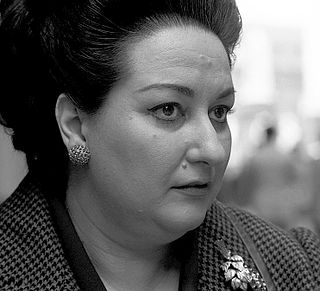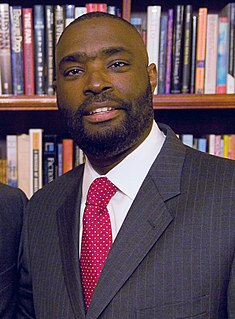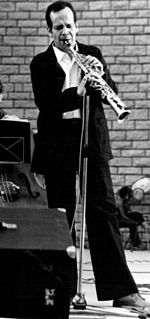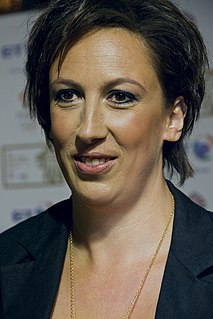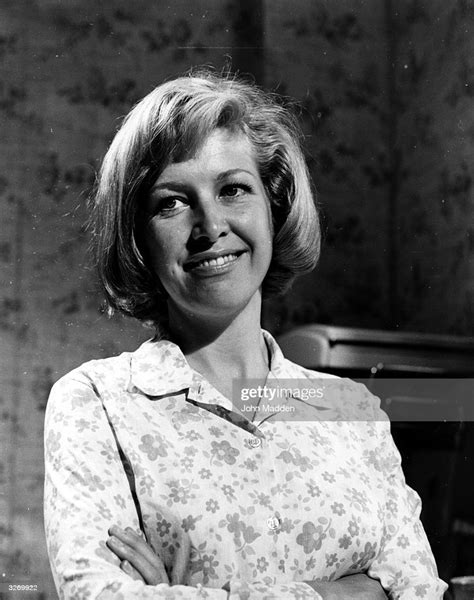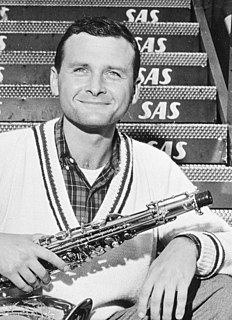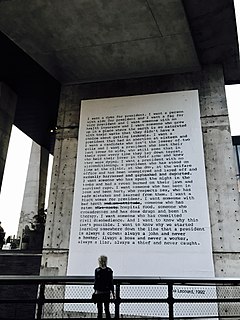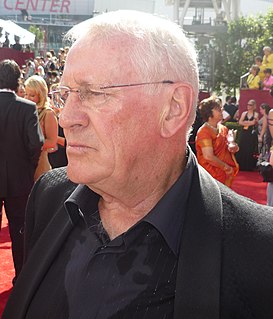A Quote by Montserrat Caballe
A soprano's voice is a little like a mother's cry, which is why it attracts all human beings.
Quote Topics
Related Quotes
Who will cry for the little boy, lost and all alone?
Who will cry for the little boy, abandoned without his own?
Who will cry for the little boy? He cried himself to sleep.
Who will cry for the little boy? He never had for keeps.
Who will cry for the little boy? He walked the burning sand.
Who will cry for the little boy? The boy inside the man.
Who will cry for the little boy? Who knows well hurt and pain.
Who will cry for the little boy? He died and died again.
Who will cry for the little boy? A good boy he tried to be.
Who will cry for the little boy, who cries inside of me?
I know it was a gift from God. My father was a preacher and my mother worked in churches all her life. My father had a very deep bass sounding voice and my mother had an in-between soprano voice. Not great singers, but they had great tones to their voices. I think that had a lot to do with it. Also, I really believe my voice was a gift from God. I believe if you take care of it, He will help you take care of it.
There are novels that end well, but in between there are human beings acting like human beings. And human beings are not perfect. All of the motives a human being may have, which are mixed, that's the novelists' materials. That's where they have to go. And a lot of that just isn't pretty. We like to think of ourselves as really, really good people. But look in the mirror. Really look. Look at your own mixed motives. And then multiply that.
The whole thing of singing on my own has been accidental and random. I sang a huge amount as a kid, and I was a boy soprano. I didn't do that much classical music; I did a little bit. I had a lovely voice. And then when my voice dropped, I didn't worry about it consciously because I wasn't that invested in my singing at the time.
Switch to piano! No. Really, if you like an instrument that sings, play the saxophone. At its best it's like the human voice. Of course, it would be best if you could actually sing with your own voice. The saxophone is an imperfect instrument, especially the tenor and soprano, as far as intonation goes. Therefore, the challenge is to sing on an imperfect instrument or 'voice' that is outside of your body. I love that challenge and have for over forty-five years. As far as playing jazz, no other art form, other than conversation, can give the satisfaction of spontaneous interaction.
